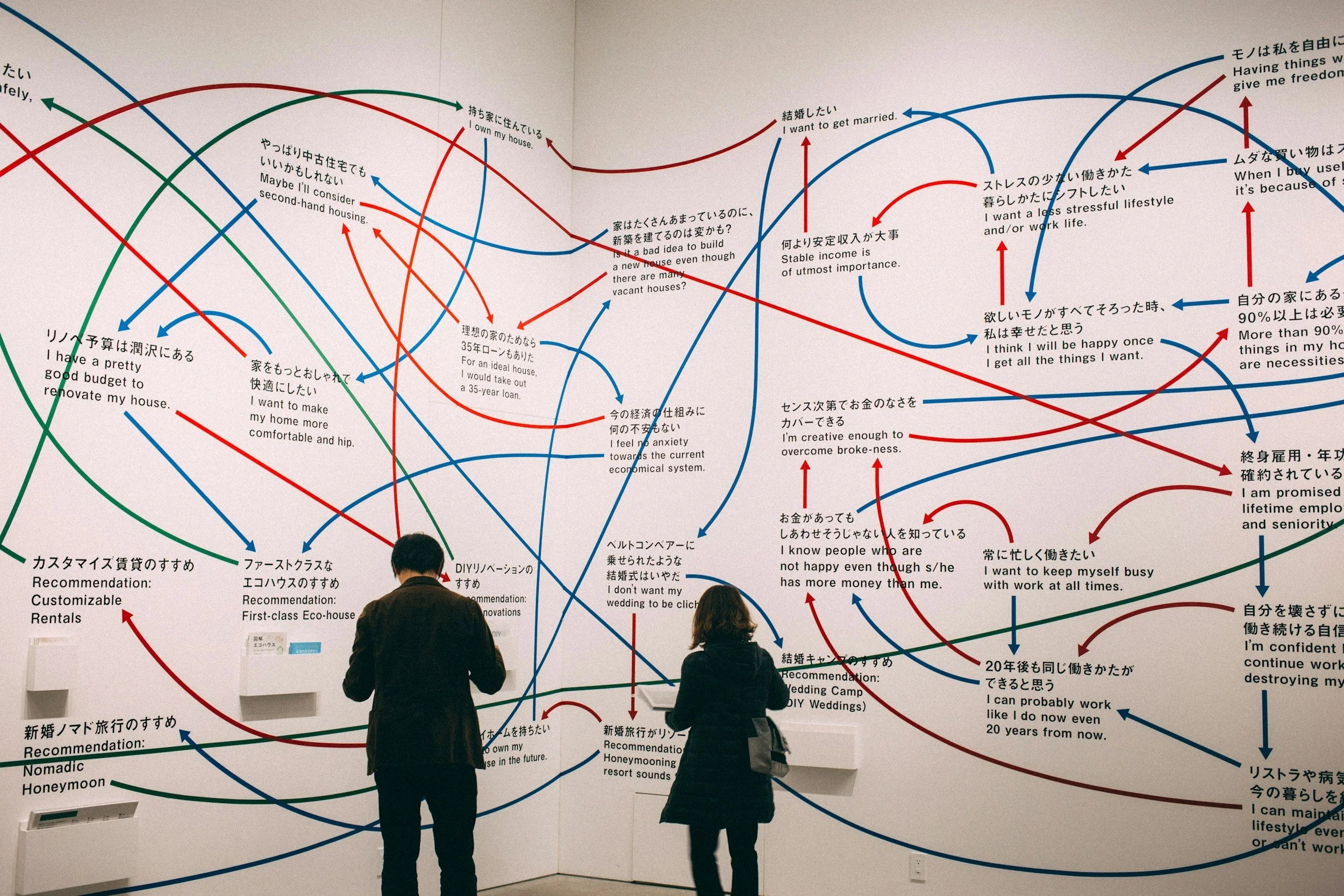Narrative Lectionary Key Verse for Today
“In Caesarea there was a man named Cornelius, a centurion of the Italian Cohort, as it was called. ”
NL Daily Devotion for Sunday, May 5, 2019
by Dr. Kimberly Leetch, Clergy Stuff
Main Idea: God makes unclean things clean.
Jesus had left the earth, and the work was just beginning. The peace, justice, and salvation of humanity from sin and death had not yet been proclaimed to every corner of the earth. But the people of Israel had believed they were God’s chosen since God’s covenant with Abraham. For centuries, their stories and their traditions served only them.
But Jesus changed all that. Jesus came to save all people, not just Jews. It was a hard change to stomach. When God came to Cornelius, an Italian centurion (a gentile), God gave him specific instructions to seek Peter, who could help him in his quest for truth and faith. On the other end, God needed Peter to be receptive to the request and company of a gentile. God’s vision to Peter showed Peter that the unclean (gentiles) had been made clean in God’s eyes. God’s word must be spread to all.
We find it ridiculous that Christians would have a hard time spreading the word to anyone who wants to hear it. But we don’t have the same sensibilities about what is clean and unclean that they had. We perceive different things to be clean and unclean. Some might have trouble with transgendered persons in transition. Others might have trouble with Muslims. Still others might dislike blacks. Or whites. Or women. Or men. But what is unclean today will change as our culture shifts.
In 1964, Rudolph the Red-Nosed Reindeer was first aired on TV. In it, Santa banishes toys to the “Island of Misfit Toys” when they aren’t perfect. Rudolph is kicked off the team because his nose glows. And the elf, Hermey is outcast because he wants to be a dentist. Just 50 years later, we find it ridiculous that anyone would be outcast because they looked different or wanted to be something different. And the idea that Santa would banish a toy is appalling.
When we look at who and what might be worthy of banishment today, we might consider how those will be perceived in 50 years? Will our great-grandchildren think we are ridiculous because we don’t have Muslims dining at our tables? Or that harassment of women was even a thing?
What other unclean things might we reconsider to be clean? Or acceptable things might we reconsider to become unacceptable?
An
Exceptional
People
Blog Posts
SIGN UP NOW






